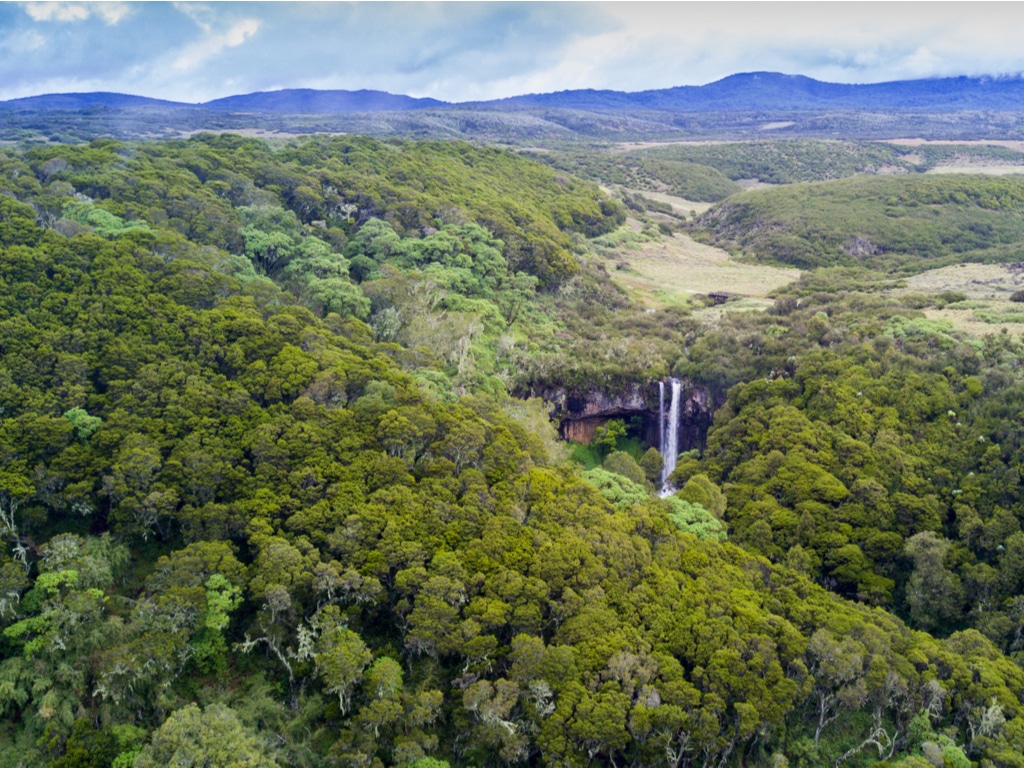In Tanzania, 469,000 trees are cut down each year for energy (biomass) and cooking. In response to the threat to the East African country’s forest cover, the Norwegian government is providing $3 million (about 7 billion Tanzanian shillings) for capacity building in environmental conservation.
The funds, allocated through the Norwegian Agency for Development Cooperation (NORAD), will be managed by the International Union for Conservation of Nature (IUCN). The aim will be to reduce forest degradation while ensuring the restoration and sustainable management of forests.
The support provided by these partners to the Tanzanian government is part of the Reducing Emissions from Deforestation and Forest Degradation combined with Sustainable Forest Management, Conservation and Enhancement of Forest Carbon Stocks (REDD+) initiative. It is a mechanism that encourages developing countries to contribute to climate change mitigation by reducing greenhouse gas (GHG) emissions by slowing, halting or reversing forest loss and degradation, while increasing GHG removals from the atmosphere through forest conservation, management and expansion.
Reforestation initiatives
These carbon credits are used by local communities to develop a range of sustainable economic activities such as forest products, agroforestry, eco-tourism infrastructure, micro-credit and local communications, as well as other socio-economic, cultural and environmental activities. In addition to this program, reforestation operations are increasing in Tanzania to reverse the difficult restoration of forests, the fragmentation of natural habitats and human-wildlife cohabitation that weaken ecosystems.
Read also-TANZANIA: People of Arusha learn to fight desertification
According to the Tanzania Forestry Services Agency (TFS), nurseries are being established in villages by organizations and volunteers to germinate tree seedlings. The collection of local tree seeds is encouraged in the Amani, Uluguru and Pugu Nature Reserves, which are areas of fragmented habitats, in order to respect local species.
Benoit-Ivan Wansi
